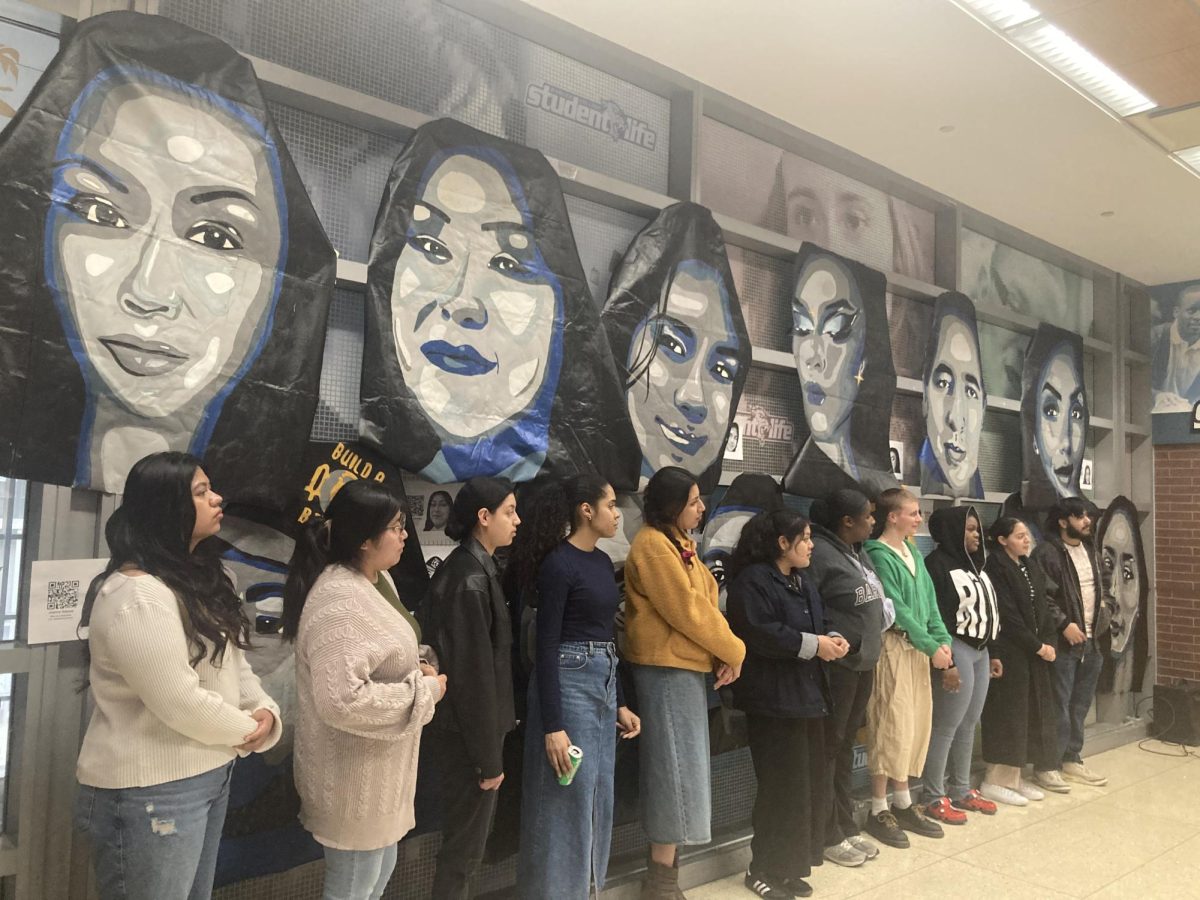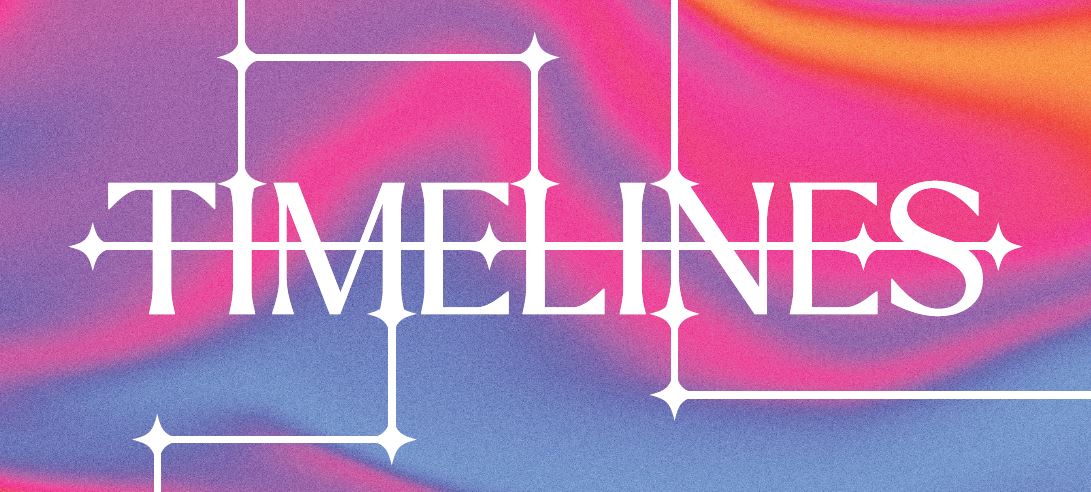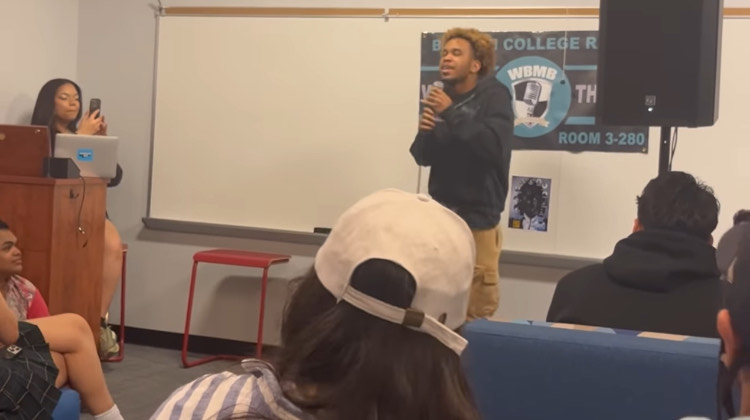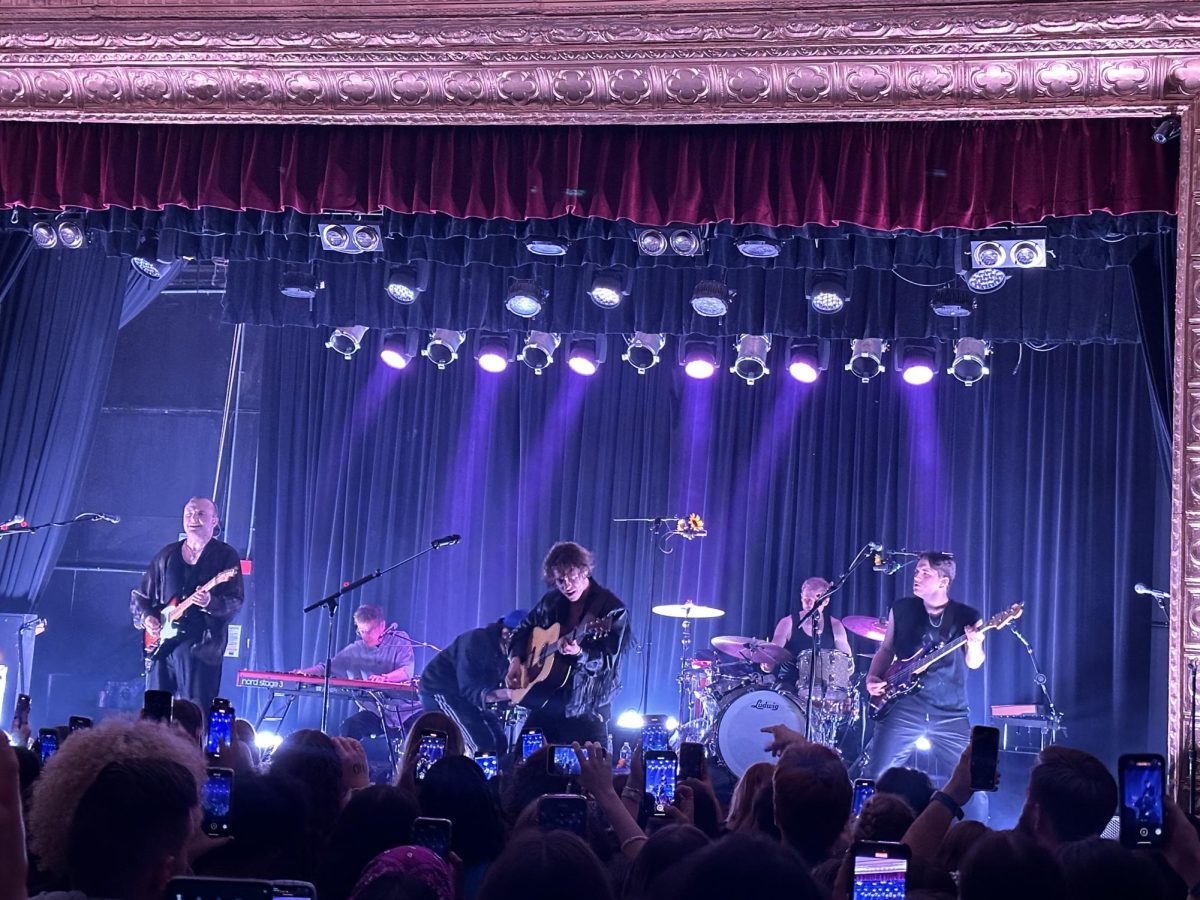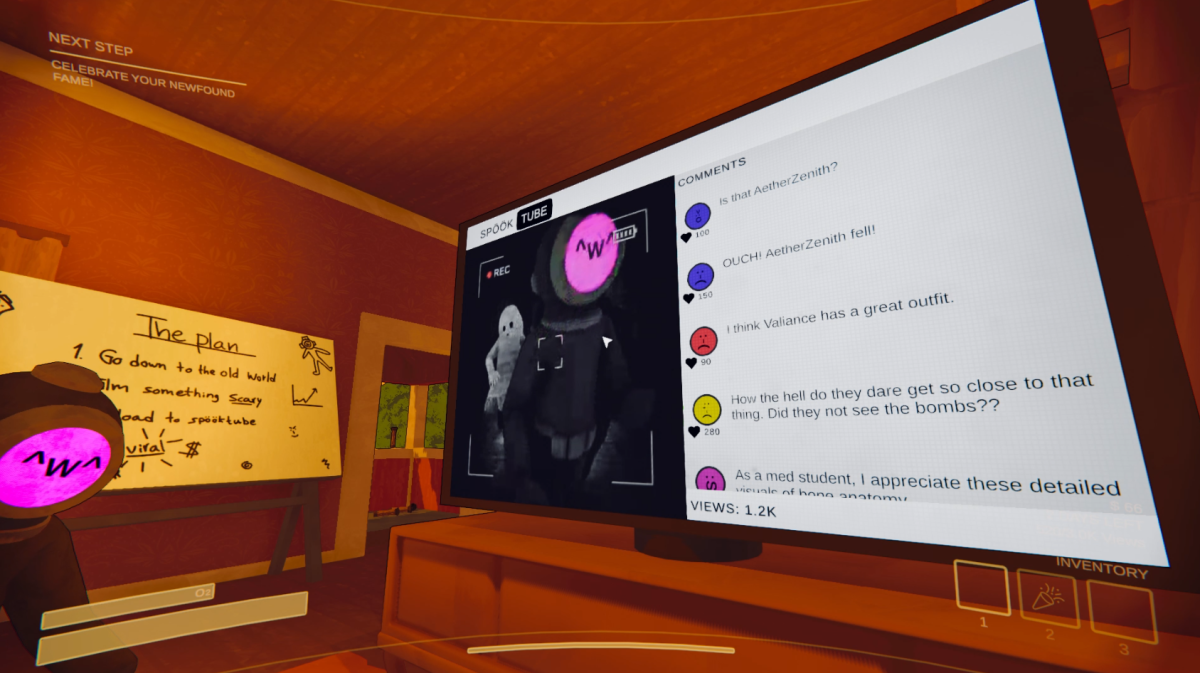Over 200 artists signed an open letter urging tech platforms to cease using artificial intelligence to replace musicians on April 1. The letter was released by the Artists Rights Alliance and featured signatures including Billie Eilish, Kate Hudson, Nicki Minaj, Stevie Wonder and the estates of Bob Marley and Frank Sinatra. The letter said the use of AI requires more moderation in order to protect the value of musicians’ work.
The letter stated while they believe AI can be a beneficial tool when used responsibly, its current usage is a harmful threat to artists.
“We call on all AI developers, technology companies, platforms and digital music services to pledge that they will not develop or deploy AI music-generated technology, content or tools that undermine or replace the human artistry of songwriters and artists or deny us fair compensation for our work,” the letter read.
According to the letter, singers’ vocals are being fed to AI in order to train it to generate songs mimicking artists’ likeness. Platforms such as TikTok feature fake AI generated covers and collaborations. Some of them went viral enough to the point where United Music Group removed AI-generated music that featured their artists from all streaming platforms as it breached their agreements and was a violation of copyright laws.
Tennessee has already made strides in protecting artists via the ELVIS Act, proposed by Gov. Bill Lee. Signed on March 21, the act will go into effect on July 1 and makes Tennessee the first state to address AI’s impact on the music industry. It ensures protection against the misuse of AI against artists in Tennessee. The act stands for Ensuring Likeness Voice and Image Security.
Michael Huppe, the president and CEO of nonprofit artist rights organization SoundExchange, expressed the complications of getting companies to comply. He said tech and music companies won’t turn a blind eye to such statements, but most will still try and find that loophole to make the most profit.
Just days before this statement was released, a blog post introducing its development of another AI tool. According to the blog, its new voice engine is capable of mimicking emotion and realism from a 15 second audio sample.
The post said the voice engine aimed to help non-readers, children, non-verbal people and patients recover their voice.
OpenAI said the technology is not widely released to the public because it looks to improve on “exploring policies to protect the use of individuals’ voices in AI.” The post also noted that it will verify that the original speaker consents to adding their voice to the service to prevent misuse.






